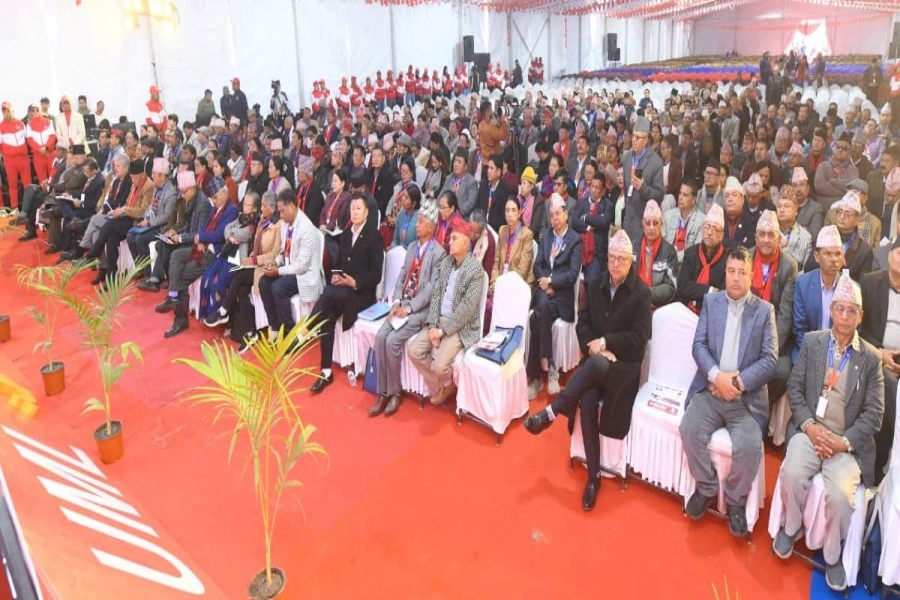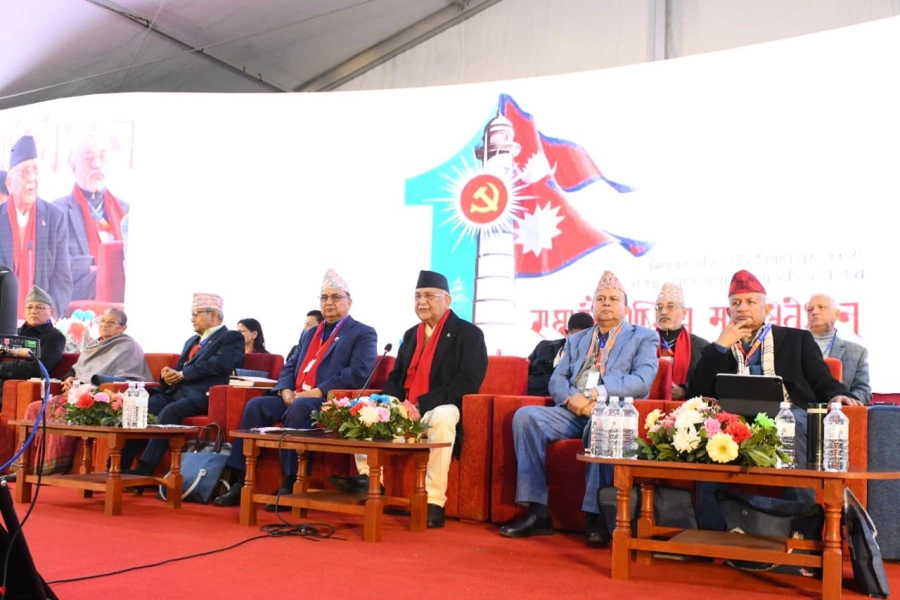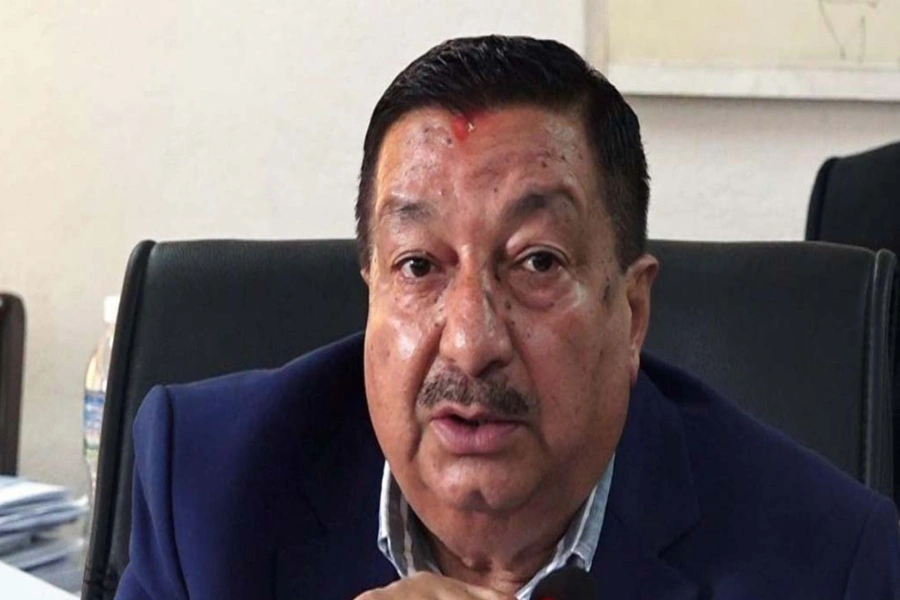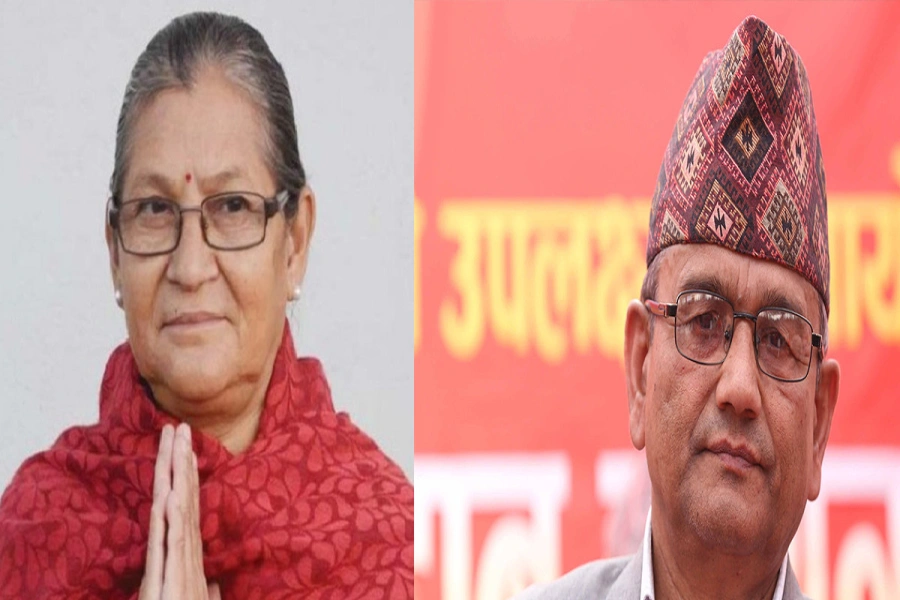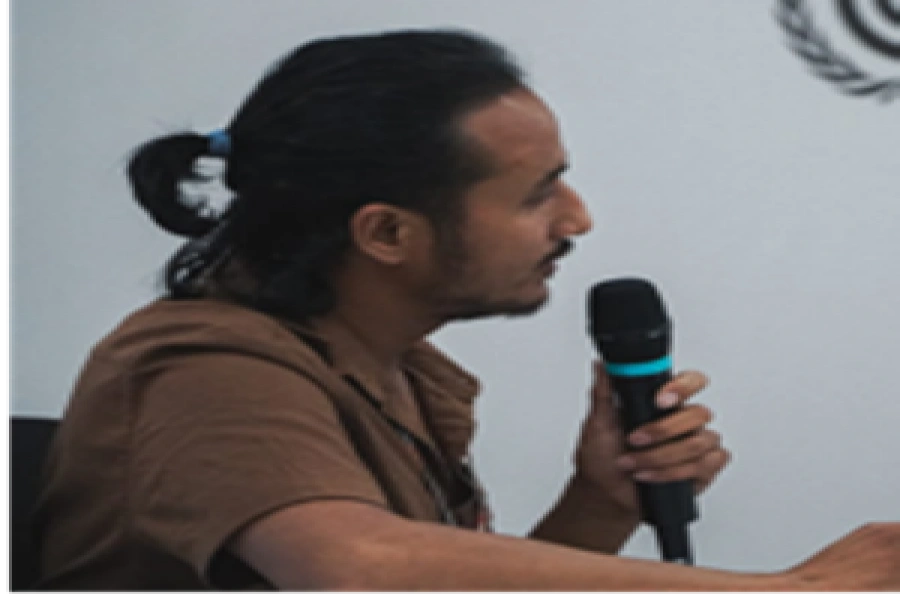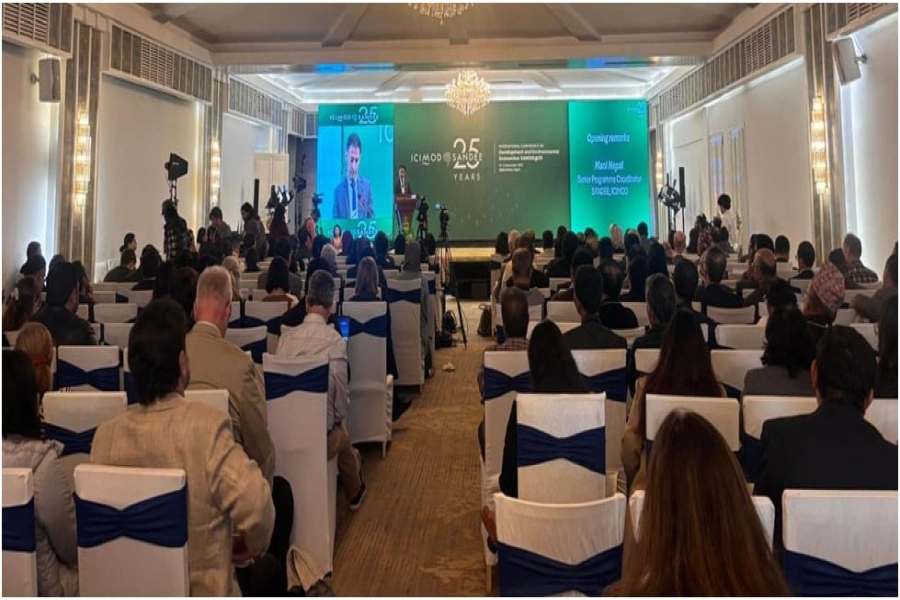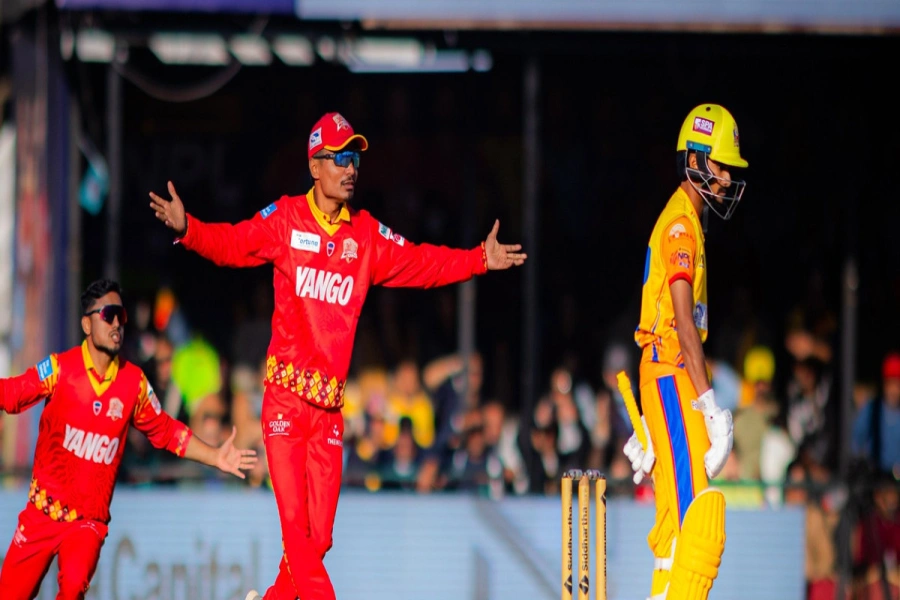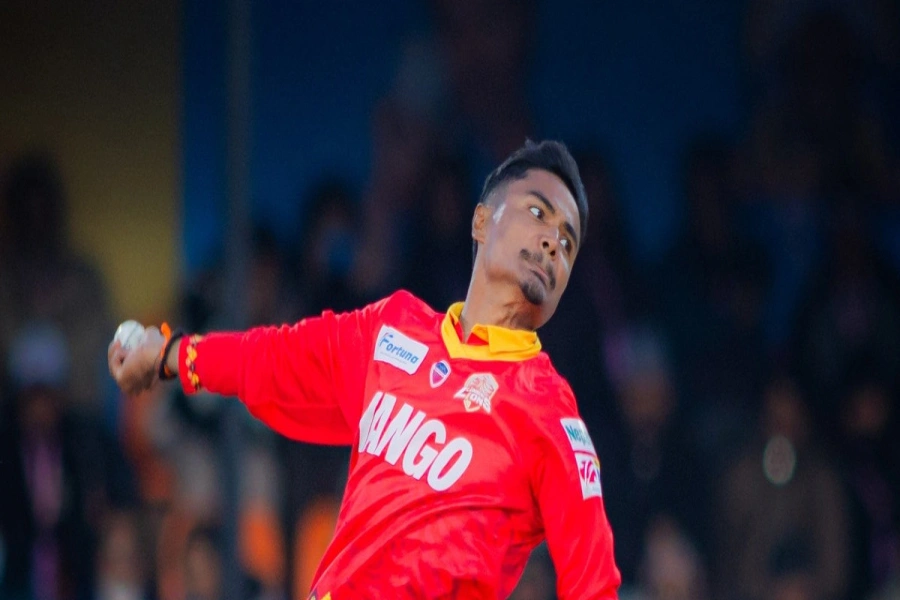Rojina Dangol Tandukar, founder principal of Royal Kinder Castle—a day care and pre-school—at Sankhamul, has over 15 years of experience in teaching, but says she still doesn’t know much about the profession.
“Like the rapidly changing lifestyles of people, teaching methodologies are constantly evolving, and I’m not undermining myself when I say I still have a lot to learn before I can call myself a real teacher,” she says.
Tandukar started her journey as an educator back in 1999 as a 20-year-old woman in search of financial independence. “I got married early and even had my first child by then. SLC was my only qualification and I wasn’t trained to teach, either, but I applied for the post of a primary level teacher at Shanti Sikshya Sadan in Shantinagar and got the post,” she shares.
Interaction must for enhancing distance and classroom learning

From her journey as a naïve teacher who took classes drawing inspiration from her favorite teachers in school, to an experienced educator with her own school now, Republica’s Poonam Maharjan caught up with her to talk about what it takes to nurture young minds and what the future holds for early childhood educators in the country.
You started teaching at 20, seeking financial independence. But was this something you wanted to do, too? What was your childhood ambition?
My father is a professor at Nepal Commerce Campus, and I grew up admiring his personality. Everyone respected him and I was proud of him. So even at a young age, my sisters and I used to play pretending to be teachers. I remember my mother predicting that I would follow the path of my father, and she was right. I must say teaching is in my genes, and I somehow always knew this is what I would be pursuing in life.
Since you’ve come this far, how has your experience been like?
It has been a journey of constant learning. I couldn’t continue teaching at Shanti Sikshya for more than a year because it was quite far from my home and I wasn’t able to give much time to my son. So I joined Gyan Niketan Higher Secondary School in Sankhamul and continued to teach there for over eight years. The school administration was really happy with my work and I was enjoying it, too. But then there was a point when I felt stagnant at work and wanted to do something more challenging. At the same time, I was having health problems that prevented me from talking out loud. So I quit my job.
Montessori method of teaching was in hype during that time. So while I started working in a travel and tours as a ticketing officer, I also managed to attend a training for Montessori classrooms, which made me feel like I knew nothing about being a teacher. I also realized that I didn’t enjoy my ticketing job at all. I longed to have children around me. Just then, I was offered the post of pre-primary in-charge at Gyan Niketan and I took it without thinking twice. The school encouraged me to take trainings related to early childhood education and as I explored more into the subject, the more I felt I needed to learn more. I still try to update myself by attending relevant workshops and trainings. I recently completed a post graduate diploma in early childhood development from Kathmandu University School of Education.
You practice play-way method of learning at your school, which is fairly a new concept. What are the challenges?
The main challenge is to convince parents that we’re not charging fees just to let their children eat and play at school; that they’re also being educated here. There’s a huge difference between how today’s children are studying and how their parents studied. So I organize orientation classes and workshops for parents and guardians to make them acquainted with our teaching and learning methods. I still personally receive every child at my school and listen to the parents’ comments first-hand. In days when I’m not able to do so, I ask the teachers to give me detailed reports on the same.
Another challenge is the huge gap between the teaching methodology in pre-schools like ours and the regular schools where our students will eventually have to study. Majority of schools, after upper kindergarten, still practice rote learning as part of the traditional way of teaching, and that can be really confusing to children who’ve learned the basics practically by playing. So it’s high time for academicians to consider introducing required changes in the curriculum in classes up to class five, to begin with.
What do you think is the scope for early childhood educators?
With the increasing trend of neutral family, and more and more women opting to work outside home, I see good scope for early childhood educators. However, having said that, I wouldn’t recommend people to pursue this field if they don’t have genuine love for children. If you aren’t patient and compassionate enough, and if you can’t tolerate noise, or soothe a child in distress without losing your temper, this profession is not for you. Like in every other profession these days, it is also extremely important to constantly update yourself and learn as you teach.
What are your future plans?
I would like to write books based on the play-way method of teaching. Two years back, I developed the concept for more than a dozen books for pre-primary level, but when I look at those books today, I feel that they’re outdated and somehow reflect traditional method of teaching. I would also like to facilitate trainings for young teachers and hold more workshops for parents and guardians about this new method of teaching and learning.






